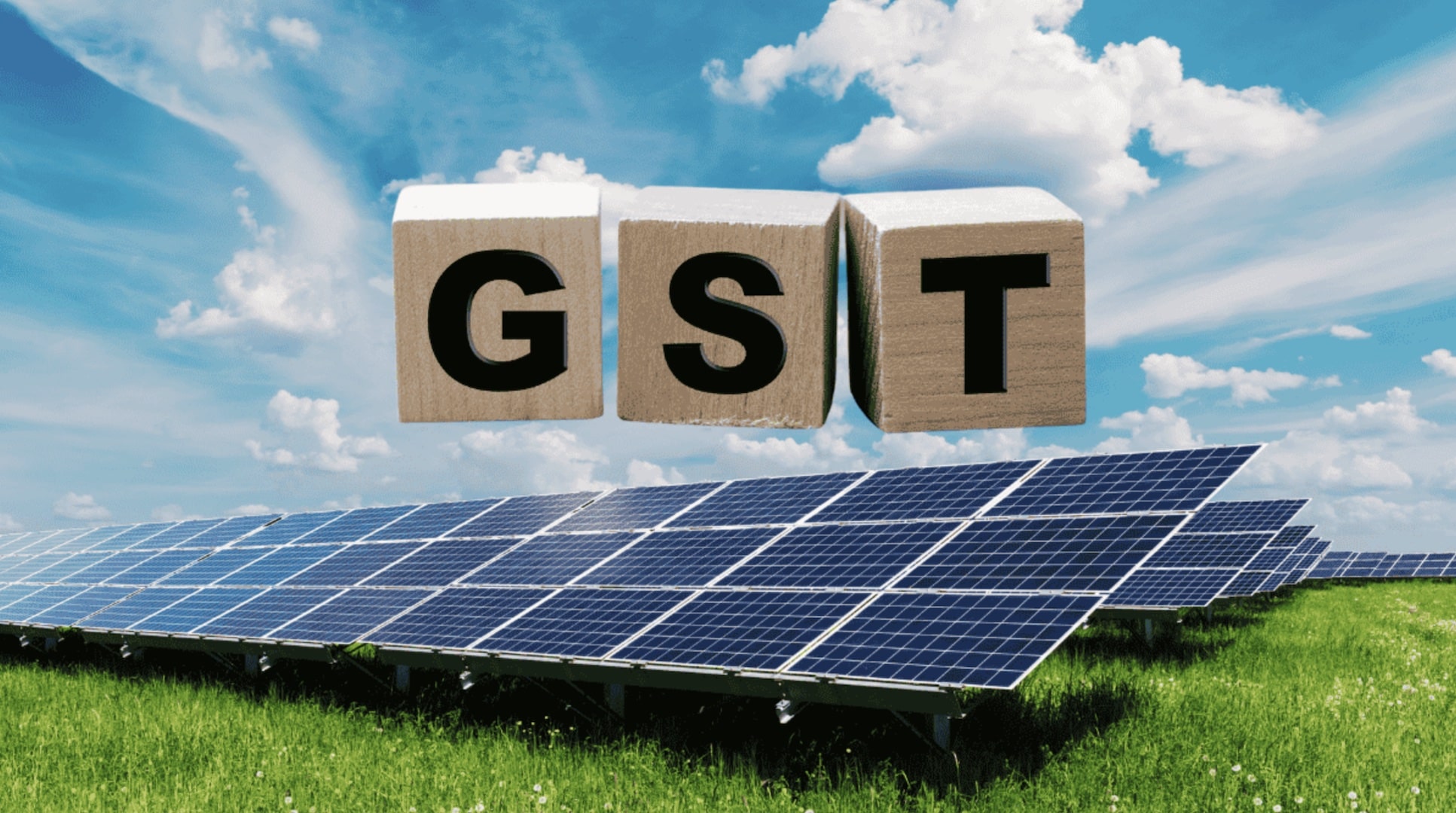GST on Solar Rooftop Systems: What Homeowners and Businesses Should Know
Good news for anyone planning to go solar! The GST on solar rooftop systems has been reduced from 12% to just 5%, making clean energy more affordable than ever. Whether you’re a homeowner looking to cut electricity bills or a business aiming to go green, understanding how GST applies can help you plan your investment better and save money.
1. GST Rates on Solar Rooftop Systems
The GST on solar rooftop systems in India depends on the components used in the installation:
- Solar Panels: Attract 5% GST
- Solar Inverters: Attract 5% GST
- Off-grid systems, including solar panels, batteries, and PCUs (if applicable), attract 5% GST. This includes Li-ion batteries used in solar systems.
- Other Accessories: Like mounting structures, cables, and balance-of-system components usually fall under 18% GST
Key Insight: The government has reduced GST on solar power equipment to encourage renewable energy adoption, making solar more affordable.
2. GST Benefits for Businesses
If your business is registered under GST, you may be able to claim input tax credit (ITC) for the GST paid on solar equipment. This means the tax you pay on purchasing solar systems can offset the GST liability on your business output.
Note: Residential consumers not registered under GST cannot claim ITC.
3. How GST Affects Your Solar Rooftop Budget
While solar installation costs have reduced over the years, GST still contributes to the total investment. For example, if your rooftop solar system costs ₹3,00,000, a 5% GST will add ₹15,000 to your upfront cost.
Understanding this helps you plan your finances better and ensures there are no surprises at the time of installation.
4. Recent Updates and Government Incentives
The Indian government has been promoting rooftop solar adoption through initiatives like:
- Net Metering: Surplus electricity can be fed back to the grid.
- Subsidies for residential and commercial systems: Often covering 20–40% of the cost for certain categories.
- Reduced GST rates: As mentioned above, solar equipment GST was slashed to 5% to make renewable energy affordable.
These policies, combined with GST benefits, make rooftop solar a financially attractive and sustainable choice.
5. Key Takeaways
- Most solar rooftop components attract 5% GST.
- Businesses may claim input tax credit, reducing the effective cost.
- Planning your budget with GST in mind avoids surprises.
- Government incentives further reduce the overall investment.
Investing in a solar rooftop system is not just an eco-friendly choice—it’s a financially smart decision, especially with favourable GST rates and government incentives. Whether for your home or business, understanding GST can help you maximise your savings and enjoy the long-term benefits of clean energy.
Connect With Us
At Educosmic Solutions Pvt. Ltd., we are committed to promoting clean and renewable energy solutions for a brighter future.
📞 Contact: +91 940-389-1609
🌐 Website: www.solarfusion.in
📧 Email: [email protected]
👤 Director: Mr Gavish Jaiswal
Note: Install a Solar Rooftop System at your residence under the PM Surya Ghar Bijli Yojana and avail a government subsidy of up to ₹78,000.
📲 Stay connected with us:
Facebook: https://www.facebook.com/solarfusionind
Instagram: https://www.instagram.com/solar_fusion75/?hl=en

